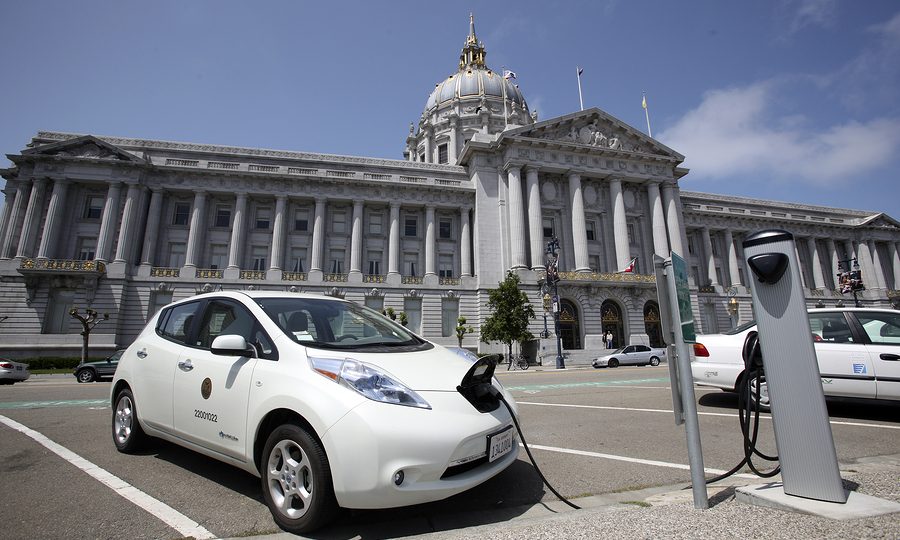The original article you can read on: Sacbee
What would it take to motivate more California drivers to buy electric cars the next time they go to the dealer?
A California lawmaker who in the past has proposed banning sales of new gas-powered cars wants to find out.
Assemblyman Phil Ting, D-San Francisco, is carrying a bill that would increase state-funded electric car rebates up to as much as $7,500, rising from today’s top rebate of $2,500.
Over time, Ting’s bill would reduce the value of the rebates, giving car buyers an incentive to move faster in switching to electric vehicles.
“There is no real incentive to buy or lease a zero-emission vehicle right now if consumers know the rebate level will be the same year after year,” Ting said.
He says he’s trying to accomplish a goal former Gov. Jerry Brown set last year with a new law that aims to put 5 million zero emission electric vehicles on California roads by 2030.
Today, only about 600,000 electrical vehicles are in use in the state. They tend to be more expensive than gas-powered cars and their cost is considered a major factor in buyers’ decision to stick with the internal combustion engine.
“The goal would be if we were able to create a large enough market for clean cars that they would be cost competitive with gas cars. We think this bill is a very key component on moving our way into our 5 million clean car future by 2030,” Ting said at a hearing on Tuesday.
California’s existing rebate program gives $2,500 rebate for battery electric vehicles and $1,500 for plug-in hybrid electric vehicles, a basic flat rebate that has not been revised for more than five years.
It has been underfunded at times, causing car buyers to be placed on waiting lists rather than receiving rebates. This year’s state budget, for instance, allocates about $170 million less for the program than the state estimates it will cost, according to an analysis of the bill by the Senate Transportation Committee.
Ting’s Assembly Bill 1046 would require the California Air Resources Board to find a steady and continuous funding resource for rebates so that consumers can count on the money. The air board also could determine the value of the rebate.
The bill this week cleared the Senate Transportation Committee and continues to move forward despite opposition from most car makers, gas companies and the Chamber of Commerce.
Among manufacturers, only electric vehicle maker Tesla is on the record supporting Ting’s proposal.
The Auto Alliance, the leading advocacy
group for the auto industry with members like Toyota, Ford and BMW,
opposes the bill. Those companies are developing electric cars, but
they’re opposing the bill.
At a hearing Tuesday, their lobbyist said they want to work with the state to help lower- and moderate-income families afford electric cars. In written comments the carmakers have said they oppose legislation that restricts consumer choice.
The bill has a hefty price tag if it’s used to fulfill Brown’s goal of getting 5 million zero emission cars on the road over the next decade. That would cost more than $16 billion if the rebates are used to buy 4.4 million new electric cars, according the to the Transportation Committee analysis.
Ting’s proposal follows an unsuccessful bill he put forward last year that would have banned the sale of gas-powered cars by 2040.
Read more here: https://www.sacbee.com/news/politics-government/capitol-alert/article232424717.html#storylink=cpy
Read more here on Sacbee

